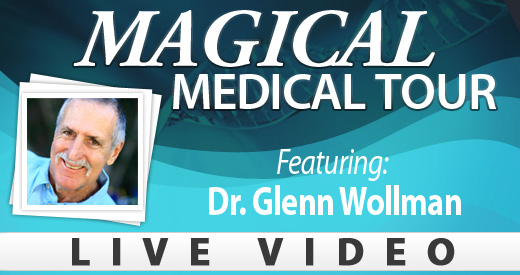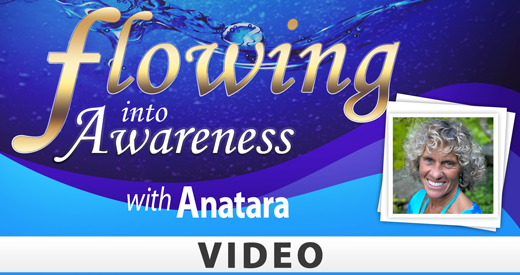| YogaHub |  |
YogaHub Interviews Glenn Wollman ~ Part 1
[post-img]Glenn has always been at the leading edge of medicine, helping to pioneer the specialty of Emergency Medicine, while at the same time developing and running one of the first hospital-based Integrative Medicine programs in the United States.We asked Glenn what led him to start his newly specialized practice as a Medical Guide. He explained that, due to a series of karmic events which left him unable to work in Emergency medicine for the rest of his life, he had to decide how he could apply his love of medicine to a future career. He knew he still wanted to practice medicine but, being someone who has always pushed all the envelopes, he wasn’t interested in going into a profession that already existed. Instead, he felt it would make more sense to create something new that would fill a niche in health care.
Glenn researched all of medicine and its complexities, looking at different types of healing that more and more of the consumer public have been looking into. He realized that what was missing was someone who could connect the bridges between the health care system and the public to make medicine less complex and assist people in making their own informed choices about their health. The term “Medical Guide” is his own creation and, although it is not yet formally acknowledged as a specialty, he hopes that it will someday be recognized by the American Medical Association.
[tip-fact]As Glenn works with his clients, he’s defining and re-defining the role of a Medical Guide so, even though he has the basic foundation, it’s a continuous work in progress. Every day that he works with clients gives him more and more insight as to why people need medical guides. By helping people coordinate their own health and educating them on how to communicate with physicians, he’s giving them a better understanding of their options and enabling them to make informed choices on how to proceed with their care.
As Glenn points out, the science of health and medicine is complex enough, but if you add to that the knowledge of other healing options, such as traditional Asian medicine, ayurvedic medicine, homeopathy, naturopathy, shamonic healing, etc, it becomes overwhelming. What is required is someone with knowledge of all these different components, who can determine whether or not something may or may not fit an individual’s own perspective of what health is about and where they want to be within that process.
[b-quote]As a Medical Guide, Glenn always starts with concepts and then uniquely tailors them to suit each individual. Everyone has a personal perspective – their own unique social, psychological, physical, mental and economic issues – so it makes sense to take all these factors into consideration. He cites the following example: If someone needs to exercise and Glenn just says “you have to go to the gym and lift weights” when that’s not what the person wants to do, then Glenn is not helping or making any progress with that individual at all. But if the client is willing to try something like Yoga, Glenn has that practice in his realm of experience and can provide guidance.
By using not only the healing systems but also the energies and knowledge of different systems, Glenn can look for various ways of helping someone. He encourages free-flowing communication with clients so that he can understand their needs and wants and work with them on regaining their health in a way that’s appropriate to their lifestyle and belief system. For example, in Western medicine, dealing with stress would be taking medication. In an ayurvedic way, it would be meditation. In a traditional Asian medicine way, it might be taking a specific herb and also doing something like Tai Chi or Qi Gong.
While Glenn has no confines, he considers the confines of people he works with and tries to see if he can eliminate some of them and give them opportunities to expand. But while he can influence people or give them options, ultimately he has to work with what they believe in. He respects that some people are reluctant to change or experiment too often, especially when it comes to their own health. But on the other hand, when it comes to their health and they’re at a point where they have not had any satisfaction, they are often willing to consider other options.




